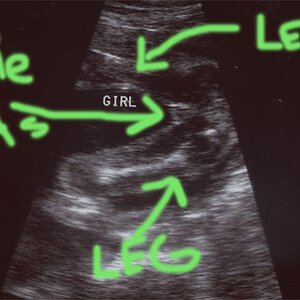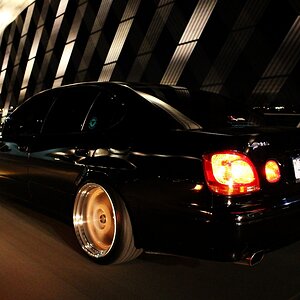shadowlands
No longer a newbie, moving up!
- Joined
- Oct 9, 2009
- Messages
- 1,502
- Reaction score
- 383
- Location
- Houston, Texas
- Website
- www.flickr.com
- Can others edit my Photos
- Photos NOT OK to edit
Agreed. I sold my 2.8 zooms and my former DF and D800 when I got the Z6. No looking back for me. Personal preference, you could say. I'm in love. Love the EVF and silent option.Mirrorless has already taken over DSLR in my house.
Nikon Z6 shooter now, and loving it. YMMV, but I haven't had any particular issues with battery life. I don't get the run time I got with my D610 or D7200 but it is totally usable. I can shoot several hundred stills on a battery.




![[No title]](/data/xfmg/thumbnail/31/31758-546fe80b548bda08983001811ab5be60.jpg?1619734994)








